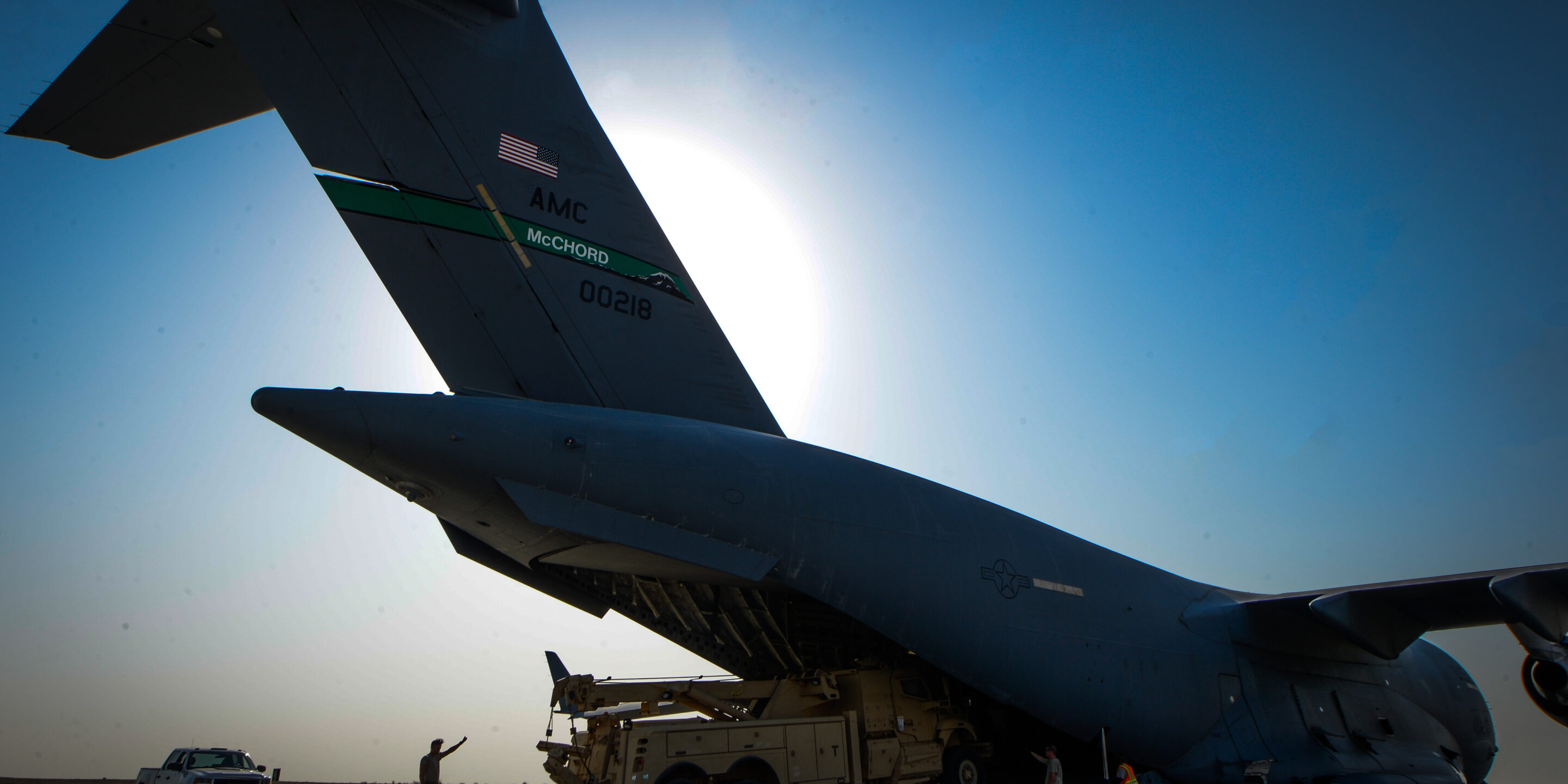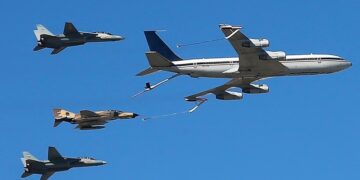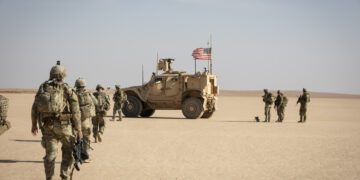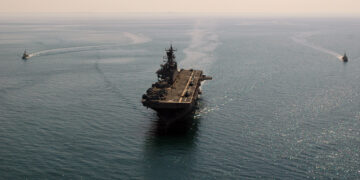February 7, 2025
Trump can transform Middle East policy

President Donald Trump has entered the White House with an ambitious international agenda. Whether it’s expanding the 2020 Abraham Accords between Israel and the Arab world, ending the three-year-long war in Ukraine or pushing Europe to spend more on its own defense, Trump isn’t wasting any time outlining his expectations.
Some of them, like taking over Gaza and turning the territory into a U.S.-administered haven for the “world’s people,” are downright bonkers. Others, like higher European defense budgets, are far more conventional and increasingly recognized as urgent and necessary. All of these items, however, are small ball compared to what has the potential to be a crowning accomplishment for the Trump administration: a total and complete reform of U.S. policy in the Middle East.
Despite Trump’s reputation for unpredictability, his rhetoric on this region has been consistent since his first run for the White House nearly a decade ago. Then as now, Trump blasts U.S. regime change wars over the last two decades as a calamitous waste of U.S. resources, blames past presidents for foolishly sending the U.S. military on missions it shouldn’t have been asked to fight and laments the life-altering damage those wars inflicted on U.S. servicemembers.
After decades of foreign wars, many Americans share the president’s perspective. The conflicts in Afghanistan, Iraq, Syria and Libya either lasted too long, destabilized the Middle East or created a host of additional security problems that the U.S. proved incapable of managing. Military operations in Iraq and Syria cost U.S. taxpayers nearly $3 trillion between 2003 and 2023, a period when U.S. deficits grew at a fast clip. In Afghanistan, U.S. troops were mired in a civil war against a resilient Taliban insurgency on behalf of a government in Kabul more skilled at corruption than governing. None of this made the United States safer or stronger—if anything, Washington’s adversaries were content with watching the Americans shoot themselves in the foot by plunging into never-ending black holes.
Events on Middle East









